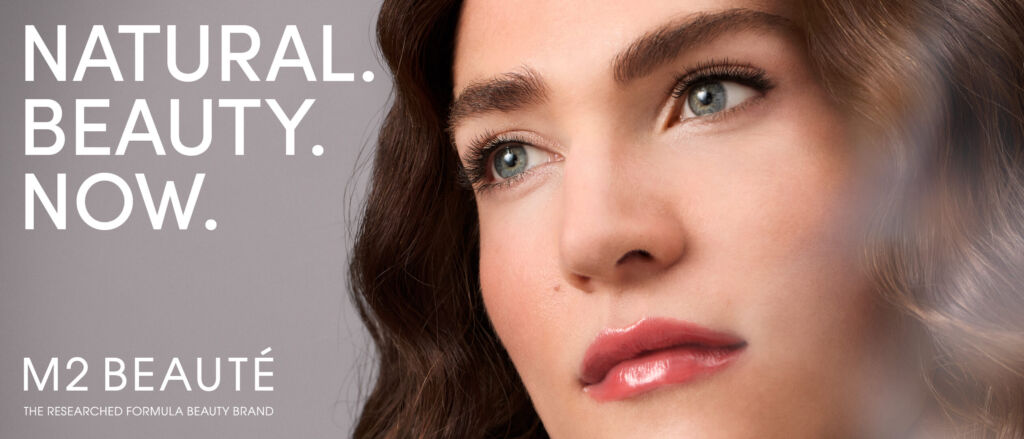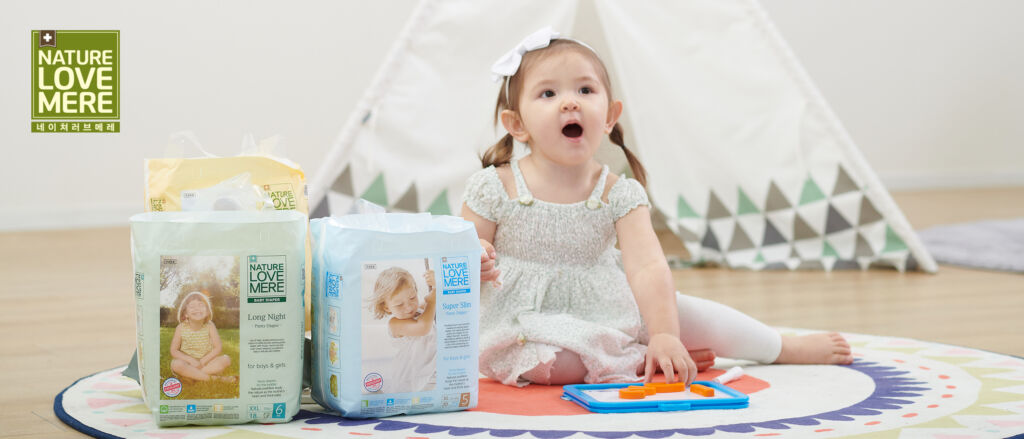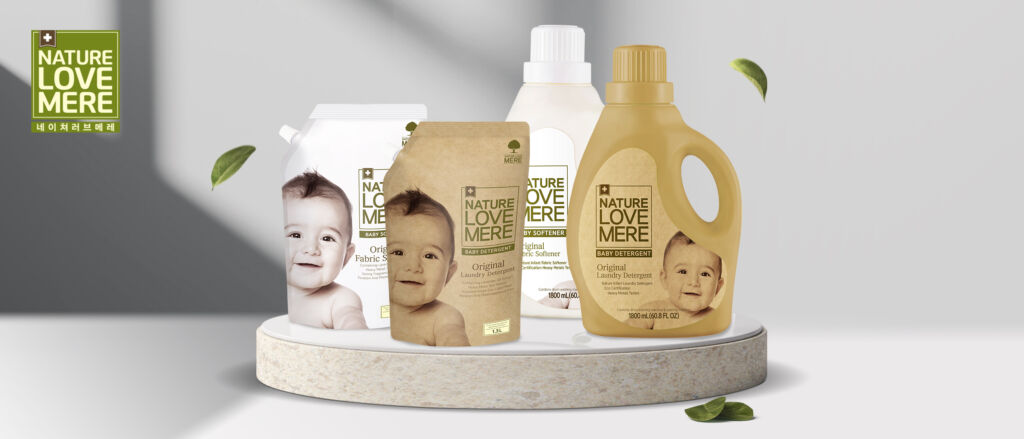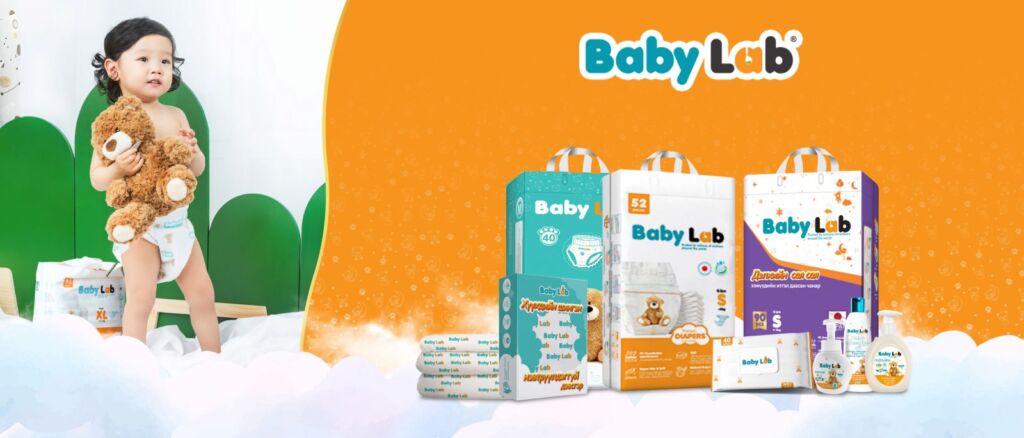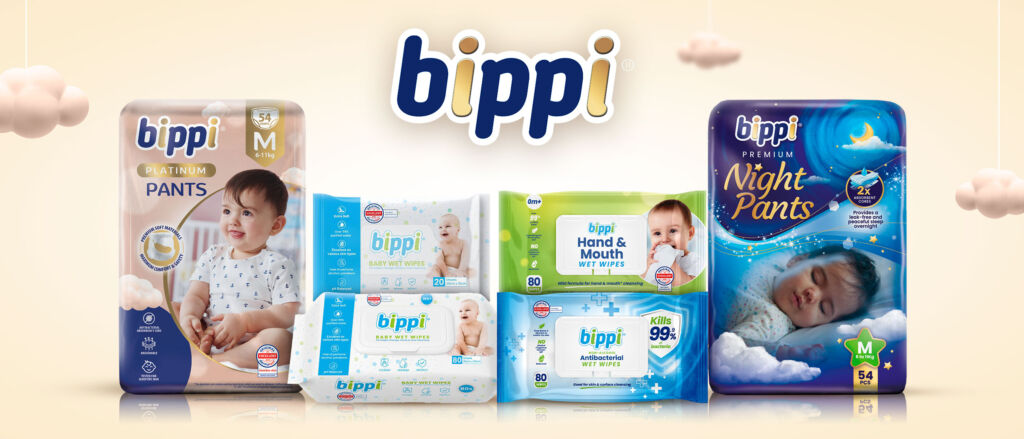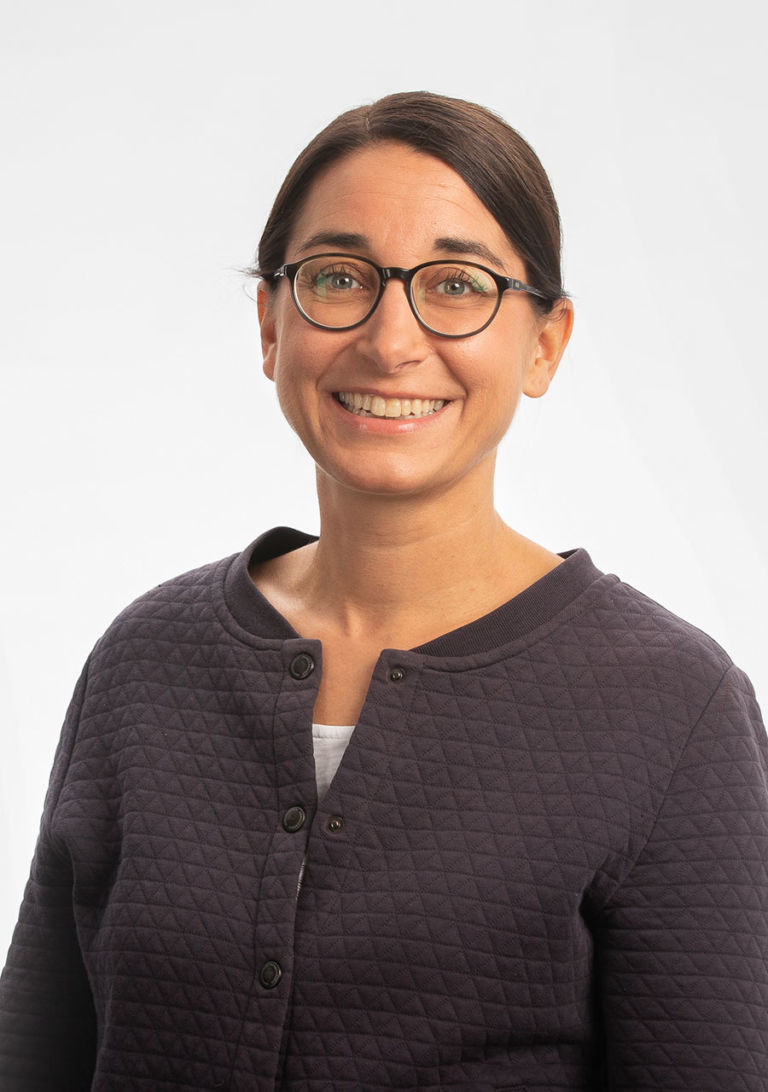tHE Microbiome
As the largest organ of the human body, the human skin forms a physical, chemical, and immunological protective barrier between the body and the environment.
The skin is inhabited by a complex community of microorganisms such as bacteria, viruses and fungi, which play a crucial role in the protective function of the skin. These microorganisms and their surrounding environment are known as the microbiome.
Healthy skin has a balanced microbiome with a variety of microorganisms. They form a living protective layer for the skin and have a positive effect on skin health. The microbiome supports the natural acid mantle and improves the function and resistance of the skin barrier.
The microorganisms of our skin microbiome inhibit the growth of pathogens, produce useful substances for the epidermis, and positively influence the skin regeneration process.
Same testing method – new seal design
In a dynamic market, it is important to stay ahead. That’s why we are introducing our innovative “Consumer Line” seals. Through claims and corresponding visual elements, they provide direct information about what has been tested – for your customers, this means instant clarity.
Get in touch with our experts about the possibilities of the new seal.
- Claim focused layout
- Consumer-friendly communication
- Choose the seal that suits you best
The microbiome – a highly diverse and complex system
Disbalance of the microbiome and skin disease
The natural microbiome prevents pathogens from colonizing the skin, and in circumstances where the balance between commensals and pathogens is disturbed, skin disease or even systemic disease can result. A number of relations between microbiome disturbances and skin diseases are known, while others still await elucidation.
- It is well known that atopic dermatitis and psoriasis are associated with an imbalanced microbiome, reduced microbiome diversity, and often colonization by Staphylococcus aureus.
- An increase in Demodex mites, as well as disbalance of Staphylococcus epidermidis has been shown to be involved in rosacea.
- Overgrowth of Malassezia is involved in dandruff, and altered abundance of Cutibacterium and Staphylococcus also appears to be associated with dandruff.
Why microbiome analysis?
Even though the microbiome is considered relatively stable, the skin is exposed to many internal and external influences that can disrupt the balance of the skin microbiome. These include, for example, stress, diet, age, or weather. Some cosmetics and cleansing products can also affect the microbiome. Therefore, ensuring microbiome-friendly properties of products is becoming increasingly important for both consumers and manufacturers.
For products used to improve dysbiosis, such as atopic dermatitis, a positive effect on the microbiome can be scientifically confirmed.
Products for microbiome analysis
- Almost all products with regular skin contact may have an impact on the natural microbiome and should be analysed regarding their microbiome-friendliness to maintain diversity and composition of the natural microbiome.
- Products used to alleviate skin diseases such as psoriasis, rosacea, or atopic dermatitis are particularly suitable to confirm positive effects on the microbiome.
- Examination of the fungal microflora may be useful in conditions such as seborrheic eczema or dandruff.
- In particular, the effect on the microbiome should be investigated for pre- and postbiotic products.
How we test the microbiome
In the past, predominantly classical microbiological culture methods were used to characterize the skin microbiome. This method under-reports bacteria that cannot be cultured easily, and molecular biology techniques are now the state of the art.
The 16S rRNA gene is used for microbiome studies because it is overall highly conserved among bacterial species. In addition to highly conserved regions, however, 16S rRNA gene sequences also comprise hypervariable regions that can provide species-specific signature sequences useful for bacterial identification. Similarly, the internal transcribed spacer (ITS) region can be used for taxonomic profiling of fungi.
Your route to the microbiome seal

Support of claims of “microbiome friendliness”
Consumers are attracted to cosmetic products that have been designed and confirmed to leave the natural skin microbiome – and thus its protective functions – intact. Microbiome-friendly products are designed to maintain the normal, healthy composition and function of the microbiome. The product ensures that diversity and composition are preserved during use.
With our microbiome test, we support claims of microbiome friendliness such as: microbiome- friendly, gentle on the microbiome, maintains the natural microbiome, preserves the natural biodiversity of the microbiome.
In cases of dysbiosis, e.g. atopic dermatitis, we can support claims like increases the natural biodiversity of the skin or regulates the microbiome.
Each microbiome test is part of an application study and can be combined with skin measurements to show the efficacy of the product with respect to the consumer the product is intended for.
The inclusion criteria and the product-specific study design are the first milestones to support your claims!
Your route to the seal of approval in 4 steps

You decide on a microbiome test within an application study and send us the required sample quantities and information. Then we can start directly with the internal risk analysis, the concrete study preparation and the subject recruitment!

We carry out the jointly planned application study and analyse the skin microbiome of the subjects before and after the application period. In addition to the microbiome test, the skin compatibility of the product is also confirmed. Other proofs of efficacy are also possible.

If your product passes the test with us successfully, you will receive the study report on skin compatibility and possible proof of efficacy from us at the end of the study.

The results of the microbiome analyses are evaluated bioinformatically and if the results are successful, you will receive a report on the microbiome-friendly properties of your product and the microbiome-friendly seal.
Ask us now about the microbiome seal
We will get back to you promptly
Companies who trust our seal
FAQ
For the microbiome-friendly seal, an application test with at least 20 test persons is necessary, during which the microbiome is tested before and after the application of the product.
As we carry out in vivo microbiome analyses, testing can only be carried out on volunteers before and after the application of a product. Therefore, testing is not possible without an application study.
Yes, you will receive a separate report with the results of the microbiome testing in addition to the report of the application study.
